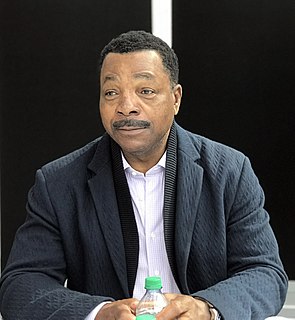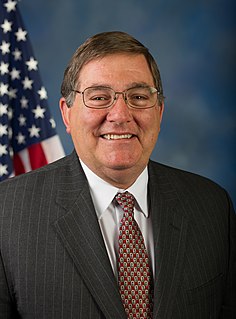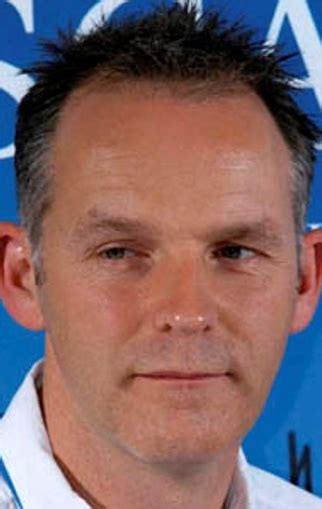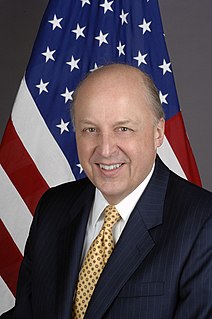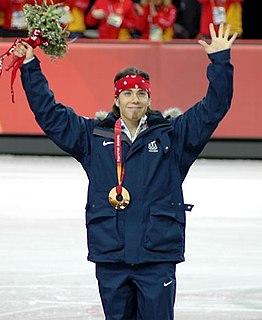A Quote by Carl Weathers
I've made some films for the military that are teaching things like cultural awareness and leadership issues, that sort of stuff. And try to, in essence, look at what training they're doing and say, 'This is how you can improve the training from a humanistic point of view.'
Related Quotes
It has been said that the essence of teaching is causing another to know. It may similarly be said that the essence of training is causing another to do. Teaching gives knowledge. Training gives skill. Teaching fills the mind. Training shapes the habits. Teaching brings to the child that which he did not have before. Training enables a child to make use of that which is already his possession.
When I'm done skating, I guarantee you that I will not look back and remember standing on the podium. I'm going to remember these days - being with the team. Training alone, in my basement. Training when everybody else is sleeping. Doing things that nobody else is doing. Digging down. Seeing what kind of character I truly have. I love that stuff.
I think, in general, we've created an environment where we've done away with the sort of day-to-day training that's necessary, including crisis intervention, behavioral health training - the kinds of things that we know that both protect officers and the community - and moved away to a highly military, advanced SWAT team mentality.
I experienced a lot of discrimination in the military. One commander told me that if my time of the month got in the way of my job, he would fire me. An instructor in pilot training continually failed me for subjective things, like judgment and situational awareness--I couldn't get him to tell me what I was doing wrong.
